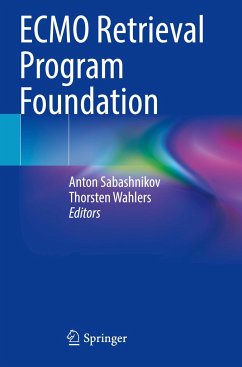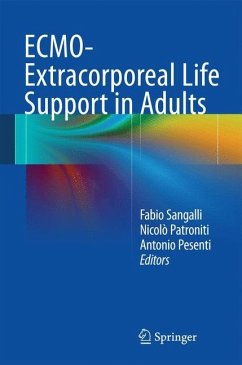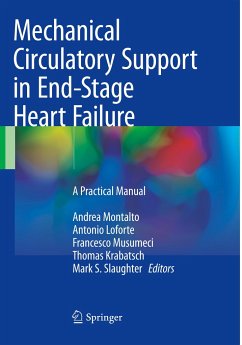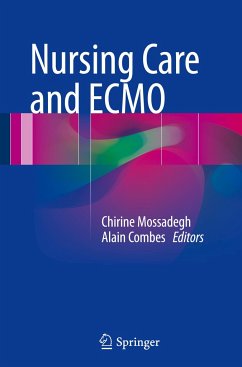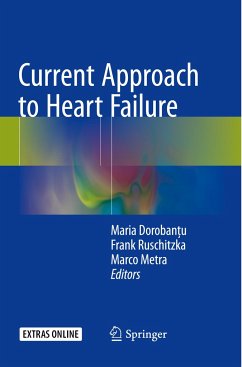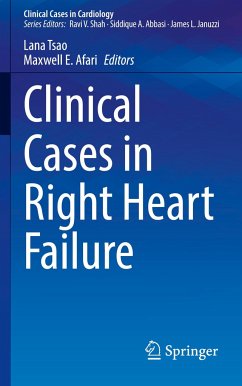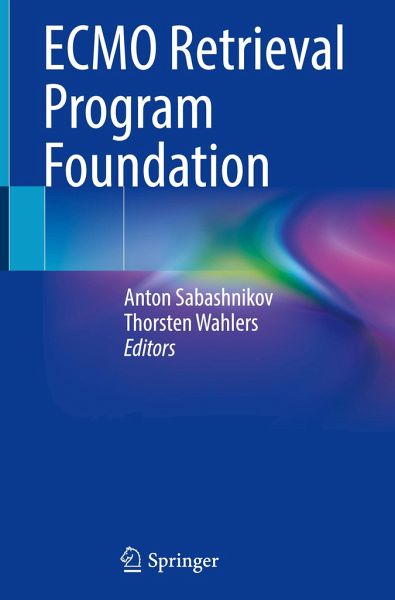
ECMO Retrieval Program Foundation

PAYBACK Punkte
76 °P sammeln!
This book should represent a guideline for launching an extracorporeal membrane oxygenation (ECMO) program. It describes in detail particularities and special features of planning, setting up, developing, structuring and maintaining of ECMO support program for instable patients with the need of transportation from peripheral hospitals to an experienced ECMO centre for further treatment.Authors have condensed both the current evidence and Guidelines on ECMO and eCPR support and have highlighted in detail the issue of planning, setting up, developing, structuring and maintaining this program wit...
This book should represent a guideline for launching an extracorporeal membrane oxygenation (ECMO) program. It describes in detail particularities and special features of planning, setting up, developing, structuring and maintaining of ECMO support program for instable patients with the need of transportation from peripheral hospitals to an experienced ECMO centre for further treatment.
Authors have condensed both the current evidence and Guidelines on ECMO and eCPR support and have highlighted in detail the issue of planning, setting up, developing, structuring and maintaining this program with the view to helping other centres launching this life-saving service taking into account their experience in this important field of medicine. In this context, the main benefit of this book is the outstanding and particular aim to educate the reader in developing and maintaining a large-spectrum ECMO program.
The volume, richly illustrated and written by KOLs using an expository writing style to promote the readability will appeal to intensivists, anesthesiologists and cardiologists as well as cardiac- and thoracic-surgeons and pneumologists
Authors have condensed both the current evidence and Guidelines on ECMO and eCPR support and have highlighted in detail the issue of planning, setting up, developing, structuring and maintaining this program with the view to helping other centres launching this life-saving service taking into account their experience in this important field of medicine. In this context, the main benefit of this book is the outstanding and particular aim to educate the reader in developing and maintaining a large-spectrum ECMO program.
The volume, richly illustrated and written by KOLs using an expository writing style to promote the readability will appeal to intensivists, anesthesiologists and cardiologists as well as cardiac- and thoracic-surgeons and pneumologists



